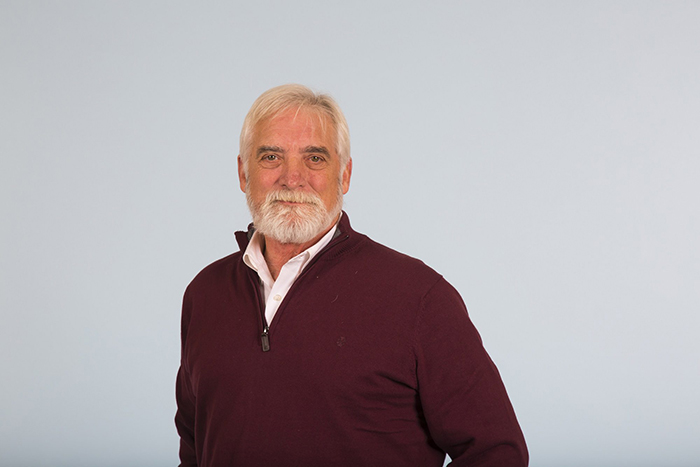The aortic valve is tremendously important, controlling blood flow from the heart to the rest of the body. In aortic stenosis, the valve does not open fully, restricting blood flow from the heart. In aortic regurgitation, the valve opening does not close completely, causing blood to leak backward into the heart. Either of these conditions can cause the heart muscle to pump harder and blood flow to the body may decrease, which can ultimately lead to heart failure.
Aortic stenosis and regurgitation may occur with age, often in those older than 70. However, in patients with other heart conditions, aortic stenosis or regurgitation can occur much earlier.
Aortic Stenosis Symptoms
Aortic stenosis and regurgitation may be mild and not produce symptoms. However, over time, the aortic valve may become narrower, resulting in a variety of symptoms including:
- Fainting
- Weakness or chest pain (often increasing with activity)
- Palpitations (rapid, noticeable heart beats)
- Chronic heart failure
- Blood clots to the brain (stroke), intestines, kidneys, or other areas
- High blood pressure in the arteries of the lungs (pulmonary hypertension)



